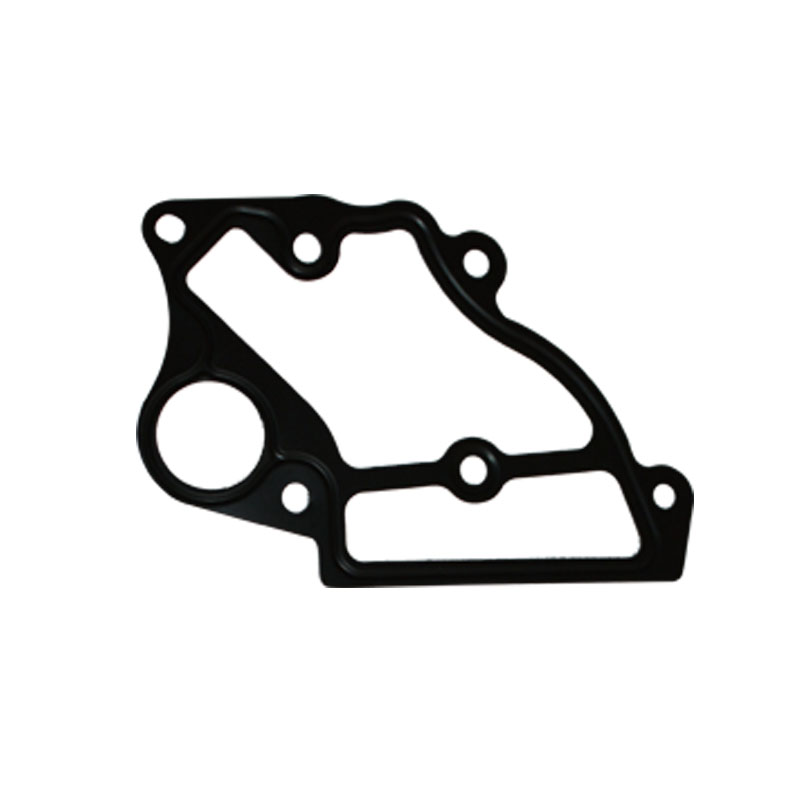oil washer
Understanding Oil Washers Importance, Types, and Applications
In the realm of machinery and automotive components, the term oil washer is often encountered yet frequently misunderstood. These small but vital components play a crucial role in ensuring the efficiency and longevity of various systems by providing effective sealing and preventing leaks. This article delves into the significance of oil washers, their types, and their applications in different industries.
What is an Oil Washer?
An oil washer, also known as an oil sealing washer or oil-resistant washer, serves as a barrier to prevent oil leakage in machinery, engines, and other mechanical systems. Typically made from rubber, silicone, or other resilient materials, oil washers are designed to withstand the high temperatures and pressures associated with oil circulation in engines and hydraulic systems. Their primary function is to create a tight seal around fasteners, preventing contaminants and lubricants from escaping, thereby maintaining system integrity.
Importance of Oil Washers
Oil washers play an integral role in various applications. Their importance can be highlighted in several key areas
1. Leak Prevention The primary function of an oil washer is to seal gaps and prevent oil leaks. In automotive engines, for instance, leaks can lead to significant damage and costly repairs. By ensuring a tight seal around bolts and other fittings, oil washers help maintain the proper oil levels necessary for optimal engine performance.
2. Temperature Resistance Given the extreme temperatures encountered in engines, oil washers must be manufactured from materials that can endure these conditions without degrading. High-quality oil washers can maintain their integrity, ensuring long-term functionality.
3. Contaminant Exclusion Oil washers help prevent dirt, dust, and other contaminants from entering sensitive machinery. This is critical in maintaining clean environments for both engines and hydraulic systems, improving overall efficiency and machine lifespan.
4. Cost Efficiency Implementing oil washers can prevent frequent repairs or replacements caused by oil leaks. By investing in high-quality oil washers, manufacturers and users can significantly reduce maintenance costs over time.
Types of Oil Washers
oil washer

Various types of oil washers are available, each designed for specific applications. Some of the most common types include
1. Flat Washers These are simple, thin discs that sit flat against a surface. They are often made of rubber or silicone and are commonly used in automotive applications.
2. Bonded Washers A combination of a metal washer and a rubber washer, bonded washers provide enhanced sealing capabilities. They are typically used in hydraulic systems where pressure and temperature variations are significant.
3. O-Ring Washers Shaped like a donut, O-rings are designed to fit into grooves and create a seal when compressed. They are often used in places where cylindrical shapes are involved, such as in valve seals and fuel systems.
4. Lock Washers These washers prevent loosening of fasteners due to vibration. While they do not seal oil directly, they indirectly support leakage prevention by ensuring that all parts remain securely fastened.
Applications of Oil Washers
Oil washers find extensive use across many industries, including automotive, aerospace, manufacturing, and marine sectors. In automotive engines, they are critical for maintaining oil pressure and ensuring the smooth operation of various components. In hydraulic systems, oil washers are essential for creating pressure seals that prevent leaks and maintain system efficiency.
Moreover, the aerospace industry relies on oil washers in aircraft engines, where reliability is paramount. Even in domestic appliances, such as dishwashers and washing machines, oil washers can be found, ensuring that fluid leakage does not occur during operation.
Conclusion
In summary, oil washers might appear to be minor components, but their role in maintaining the functionality and integrity of various systems is vital. By preventing leaks, resisting high temperatures, and excluding contaminants, oil washers contribute significantly to the performance and longevity of machinery. Whether in automobiles, industrial equipment, or aerospace applications, understanding and utilizing proper oil washers can lead to enhanced efficiency and cost savings for users and manufacturers alike. As technology evolves, the design and materials of oil washers will continue to improve, further solidifying their importance in the mechanical world.
-
Understanding Different Types of Oil Drain Plugs: A Comprehensive Guide
News Jun.27,2025
-
The Role of Nylon Washers in Oil Drain Maintenance: A Practical Guide
News Jun.27,2025
-
The Essential Guide to Drain Plug Washers: Types, Uses, and Best Practices
News Jun.27,2025
-
Everything You Need to Know About Washer and Plug Sealing: Polaris-Specific and General Tips
News Jun.27,2025
-
A Comprehensive Guide to Different Types of Oil Drain Plugs for Efficient Maintenance
News Jun.27,2025
-
A Complete Guide to Oil Drain Plug Washers: Tridon and Euro Car Parts Solutions
News Jun.27,2025
-
Understanding Oil Drain Plugs: Types, Issues, and Replacements
News Jun.26,2025
Products categories















